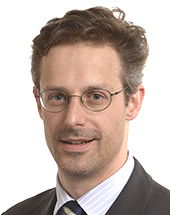
Choisissez la langue de votre document :
- bg - български
- es - español
- cs - čeština
- da - dansk
- de - Deutsch
- et - eesti keel
- el - ελληνικά
- en - English
- fr - français
- ga - Gaeilge
- hr - hrvatski
- it - italiano
- lv - latviešu valoda
- lt - lietuvių kalba
- hu - magyar
- mt - Malti
- nl - Nederlands
- pl - polski
- pt - português
- ro - română
- sk - slovenčina
- sl - slovenščina
- fi - suomi
- sv - svenska
|
| Postup : 2017/2121(INI) |
| Postupy dokumentov : | ||||||
Predkladané texty : A8-0350/2017 | Rozpravy : PV 12/12/2017 - 12CRE 12/12/2017 - 12 | Hlasovanie : PV 13/12/2017 - 13.5 | Prijaté texty : P8_TA(2017)0493 | |||
| Doslovný zápis z rozpráv | |
| Utorok, 12. decembra 2017 - Štrasburg | Revidované vydanie |
|
| Právne upozornenie - Politika ochrany súkromia |



































































